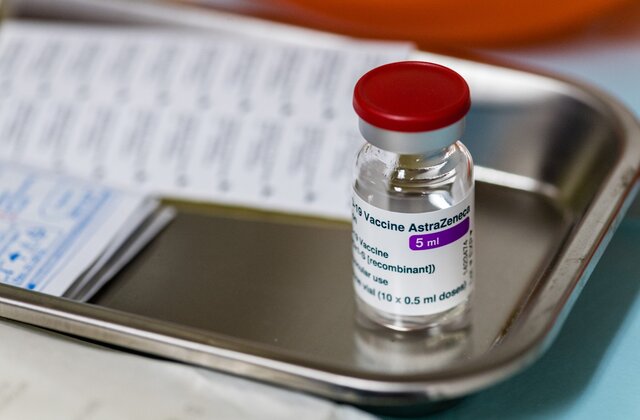AstraZeneca, the pharmaceutical giant, has formally requested the European Medicines Agency (EMA) to withdraw the authorization for its COVID-19 vaccine, Vaxzevria. The EMA confirmed this update on its website, stating that the approval for the vaccine has been revoked “at the request of the marketing authorization holder.”
Initially approved by the EMA in January 2021, AstraZeneca’s COVID-19 vaccine faced scrutiny soon after due to concerns about its safety. Several countries suspended its use temporarily following reports of rare blood clots in vaccinated individuals. While the EU regulator determined that the vaccine did not significantly increase the overall risk of clotting, doubts lingered.
Issues arose during the vaccine’s initial trial phase, including a manufacturing error that impacted the reliability of trial results. Furthermore, limited data on its efficacy in older populations prompted some countries to restrict its use to younger demographics initially.
Despite being widely distributed to low-income nations through a U.N.-coordinated program due to its affordability and ease of production, studies indicated that mRNA vaccines like Pfizer-BioNTech and Moderna offered superior protection against COVID-19 and its variants. Consequently, many countries transitioned to these alternatives.
In the U.K., AstraZeneca’s vaccine played a significant role in the national immunization program, particularly in 2021. However, even the U.K. later opted for mRNA vaccines for booster shots, leading to a decline in the global use of the AstraZeneca vaccine.
While developed in collaboration with scientists at Oxford University and supported financially by governments, the AstraZeneca vaccine has now fallen out of favor in many regions. The shift to mRNA vaccines reflects ongoing efforts to prioritize effectiveness and safety in combating the COVID-19 pandemic.















































